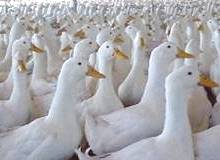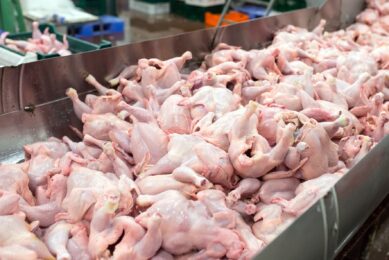China, a growing threat to UK duck market

Duck producers in the UK and Europe face a major challenge from imports as China steps up its production and focuses attention on markets in the west.
Presenting the 18th Temperton Fellowship research report in London, Cherry Valley Farms boss Richard Bird explained that the global market for duck meat was growing rapidly, reports Farmers Weekly.
Total output went from 2.9 mln t in 2000 to 3.8 mln t in 2008. There are now an estimated 2.7 bln ducks worldwide, with 75% found in China alone. Annual growth was still running at 3%.
Cherry Valley had been able to benefit from this expansion, having had a strong presence in the Chinese market since 1980 as a breeder, and more recently as a processor, reports continue.
But now producers in the east are eyeing markets in the west and investing in production and processing facilities to take a larger share of the world market.
Exports of cooked duck meat from Thailand, which started about 10 years ago, had had a fairly limited impact on the EU, said Bird. But in 2009 the EU licensed 3 plants in the Shandong Province of China to get in on the trade.
One of these was already exporting and the other 2 would come on stream this year, taking total capacity to 30,000 t, which is almost 3 times the size of the EU cooked duck meat market.
Meanwhile, the EU had huge inventories of stock as processors had been hit by the recession, said Bird, adding that some companies are even planning to take a month off production this summer.
Yet the Chinese are able to sell cooked duck meat at about a third less cost than their Thai competitors and 45% less than European producers, largely due to the fact that labour is so cheap. Chinese production facilities are also “state-of-the-art”, said Bird, and the fact the Chinese “eat everything” means even the by-products had a value and effectively subsidised the exports.
Despite the threat, duck meat producers in the UK still have a positive future if they play to their strengths, he said, adding that they should focus on the “retail fresh” market, which had been growing before the recession and would grow again.
Source: Farmers Weekly












